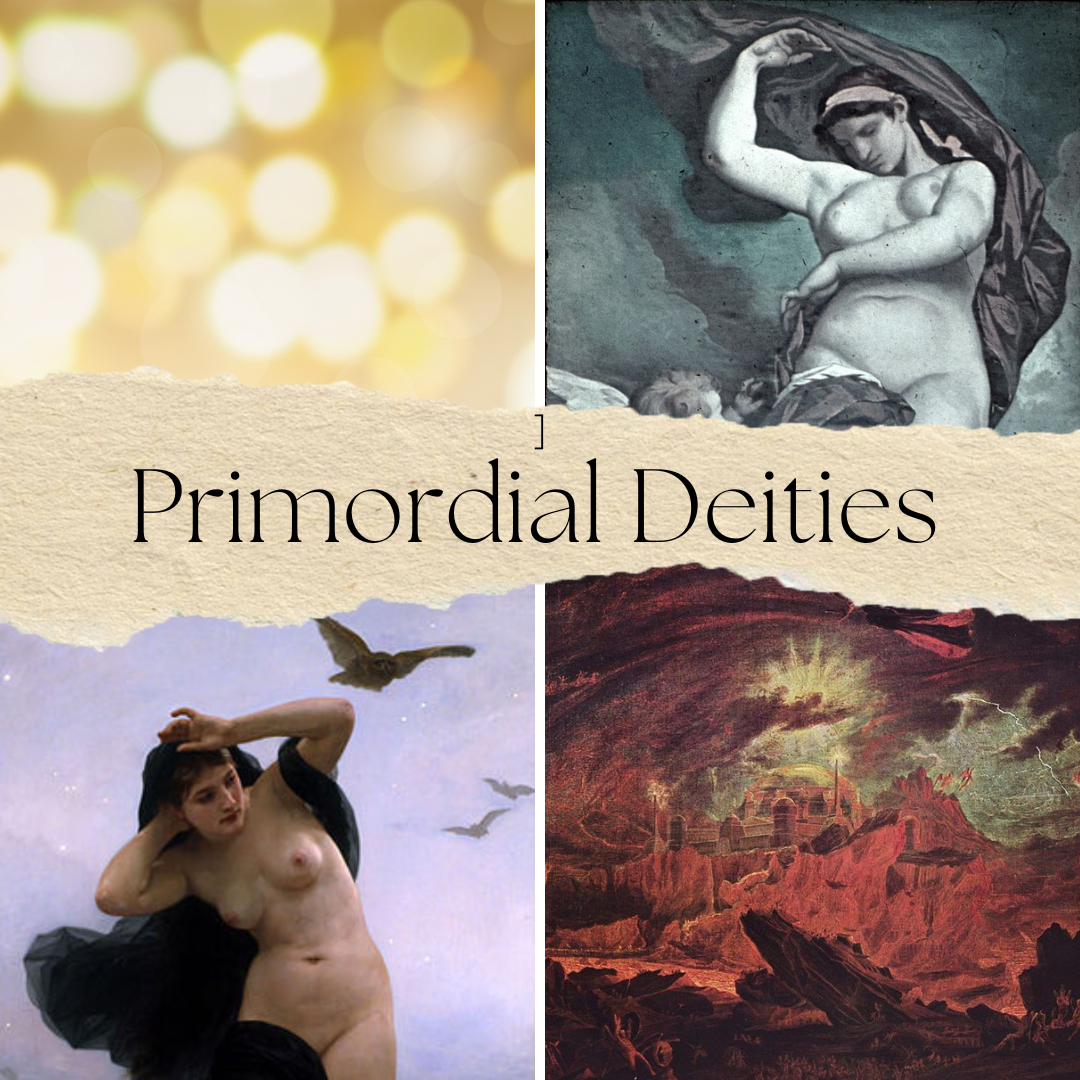
Ancient Greek scholars disagree about when and how some some of the Ancient Greek deities came into being, but most agree that Chaos was there before anything else existed. To the Ancient Greeks, the word “chaos” was more significant than it is for most people today. For the Ancient Greeks Chaos was a God. In fact, Chaos was the first Greek God. Chaos was there from the very beginning–before the world was created. Chaos was a dark emptiness. According to the Biblical story of creation, Darkness was there before the Biblical God created the world. In a similar way, Chaos was there in Greek Mythology–before the rest of the world was created.
Chaos was a dark emptiness. According to the Biblical story of creation, Darkness was there before the Biblical God created the world. In a similar way, Chaos was there in Greek Mythology–before the rest of the world was created.
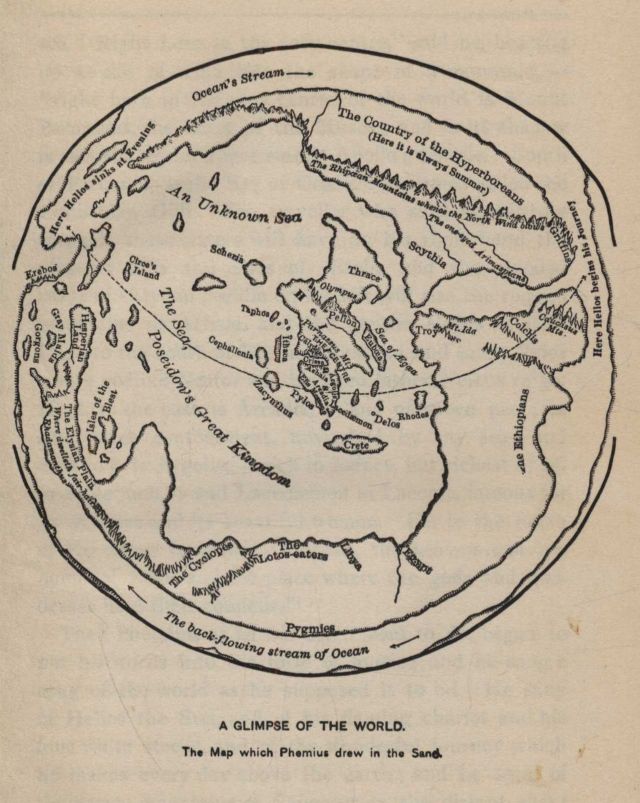
Image Credit: The Golden Age by James Baldwin, 1827.
The ancient Greeks believed that from the earliest history, a great stream. of water encircled the world. Chaos was there.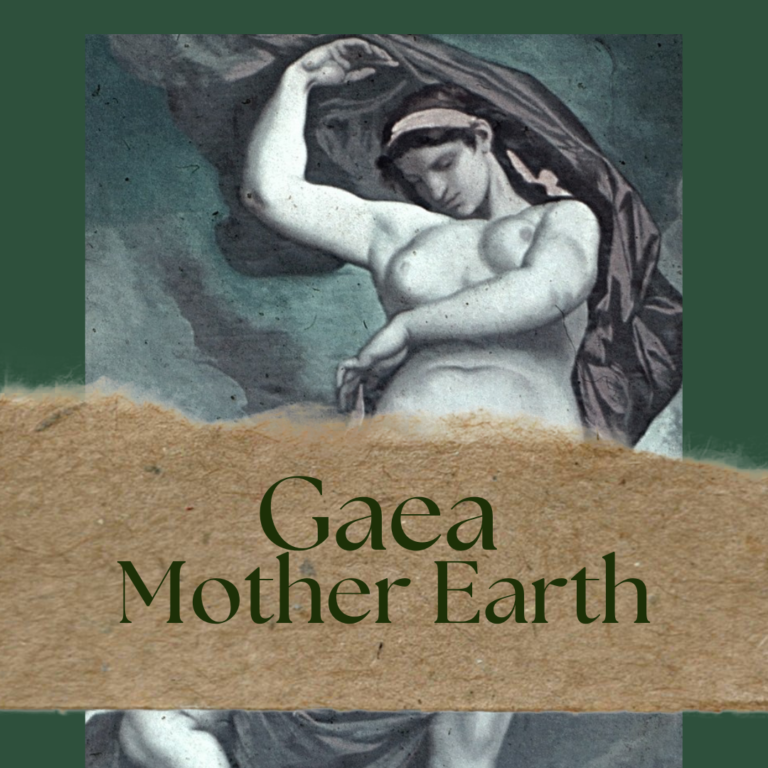
Gaea was the next deity created in Greek Mythology. Gaea is a type of Earth Goddess. She is the most Ancestral Goddess–a type of Mother Earth.Gaea was the first of Ancient Greece’s gods and goddesses. She was a primordial deity. Most scholars believe that Gaea [the goddess of Earth] arose from the watery depths of Chaos.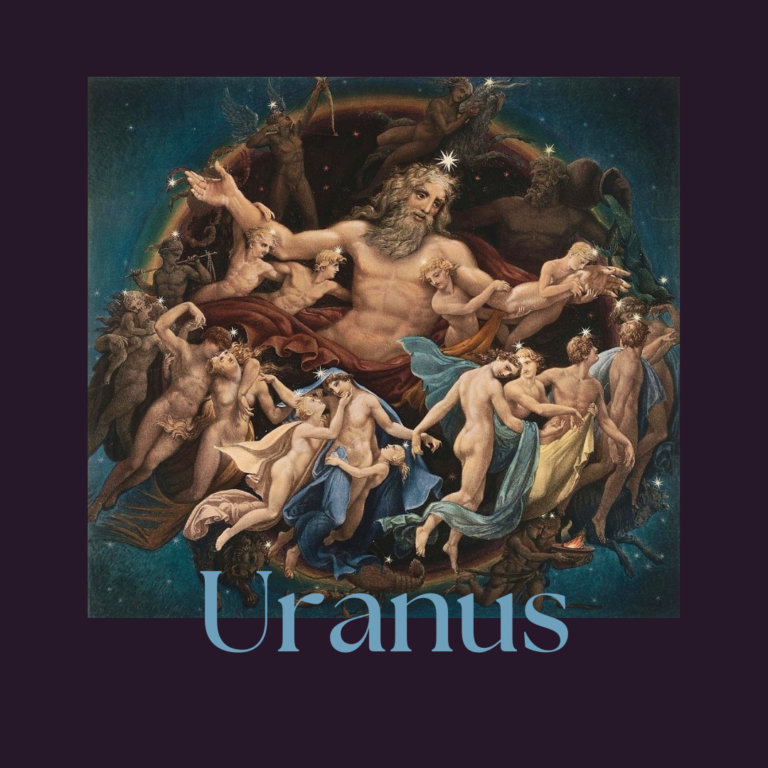
At first,Gaea was alone, but she pulled her mate from somewhere within herself. Uranus was a Primordial Deity. He was both the husband and firstborn of Gaea. Uranus is the god of the heavens, and Gaea is the goddess of Earth.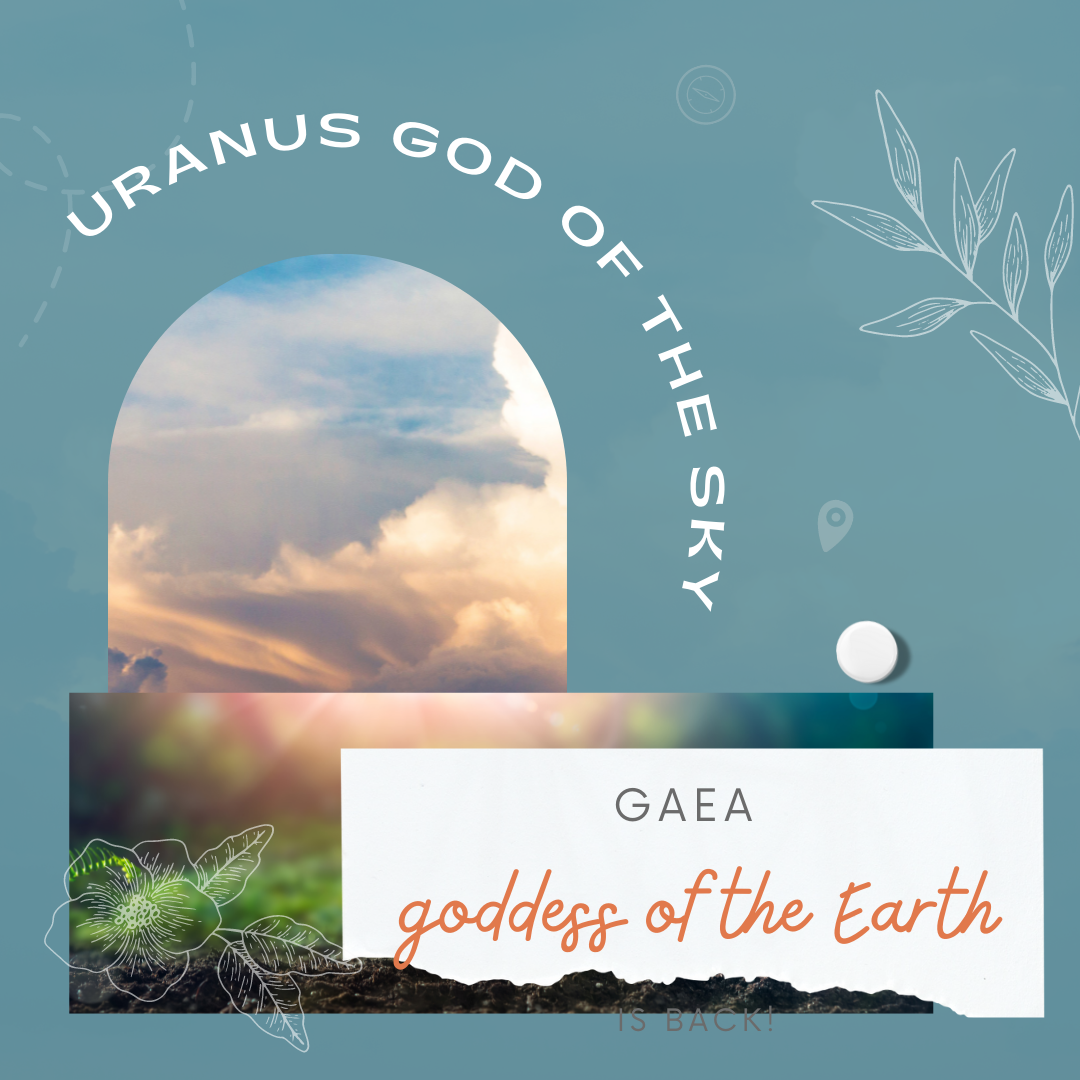
The Biblical account of creation seems to coincide with the notion that the early world consisted of heaven and earth:
6 Then God said, “Let there be an expanse in the midst of the waters, and let it separate the waters from the waters.” 7 So God made the expanse and separated the waters which were under the expanse from the waters which were above the expanse. And it was so. 8 God called the expanse Heaven. So the evening and the morning were the second day.
9 Then God said, “Let the waters under the heavens be gathered together into one place, and let the dry land appear.” And it was so. 10 God called the dry land Earth, and the gathering together of the waters He called Seas. Then God saw that it was good. Genesis 1:6-10
The sky hovers above the earth. Sky and Earth are two separate entities that are linked in their positions. 
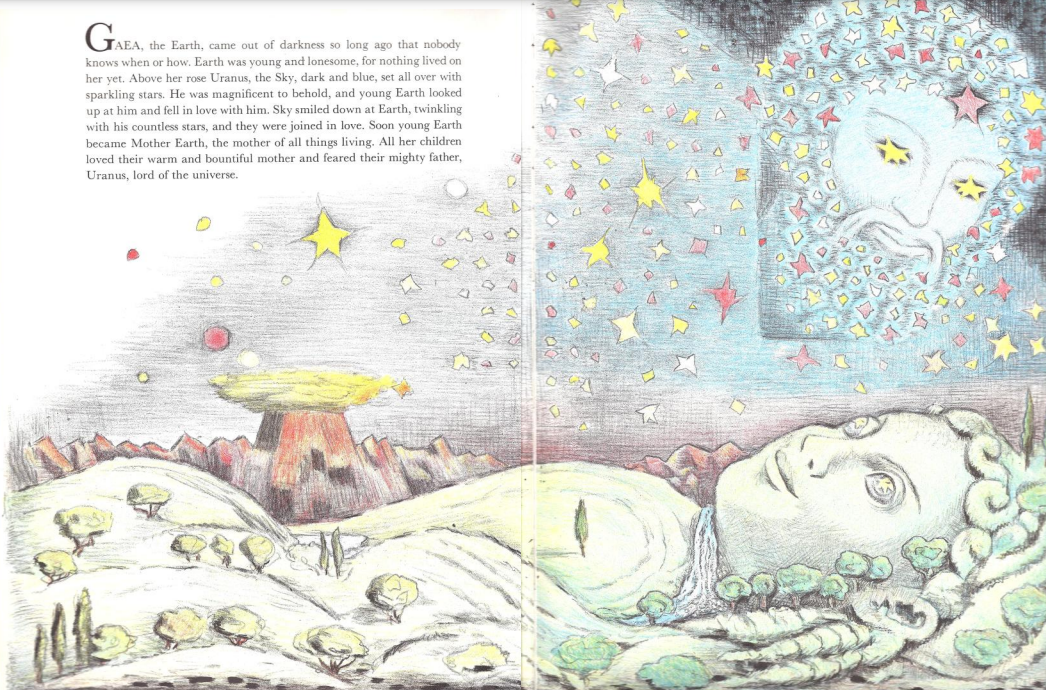
D’Aulaire, Ingri, and Edgar Parin D’Aulaire. D’Aulaires Book of Greek Myths. New York, United States, Penguin Random House, 1992.
In the above illustration, Uranus [the sky] is shown above Gaea [the earth].
Earth was the lower portion of the world, and Uranus was the sky dome above her.
This couple gave birth to all of the Titan gods and goddesses. “The Titans were twelve in number; their names were: Oceanus, Ceos, Crios, Hyperion, Iapetus, Cronus, Theia, Rhea, Themis, Mnemosyne, Phœbe, and Tethys.” Berens, pg. 13.
The Titans were not Primordial Deities. They were Second-Generation Deities.
Hesiod’s primordial genealogy
Hesiod‘s Theogony, (c. 700 BCE) which could be considered the “standard” creation myth of Greek mythology,[1] tells the story of the genesis of the gods. After invoking the Muses (II.1–116), Hesiod says the world began with the spontaneous generation of four beings: first arose Chaos (Chasm); then came Gaia (the Earth), “the ever-sure foundation of all”; “dim” Tartarus (the Underworld), in the depths of the Earth; and Eros (Love) “fairest among the deathless gods”.[2] (Although in other myths, Eros was the name of Aphrodite‘s and Ares‘s son.) Wikipedia
*Note: Sources Disagree about Many Apects of Greek Mythology, and the List of Primordial Deities Will VARY
Some of the Primordial Deities
Chaos
Gaea – Earth
Uranus – Sky
Eros – Love
Tartarus – The Underworld
Aether – Mists of Light
Erebus – Darkness
Nyx – Night
Hemera – Day
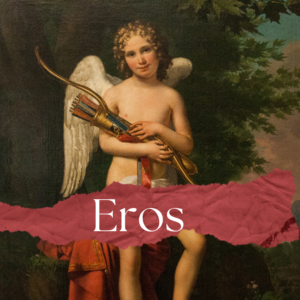
Eros, the god of Love, was an Ancient Greek Primordial Deity. Early accounts say that Chaos was the father of Eros. Later accounts say that Eros was the child of Ares and Aphrodite, who was the goddess of beauty and sexual desire. The Roman god counterpart to Eros was Cupid. The Roman goddess counterpart to Aphrodite was Venus.
Aphrodite was born out of the cast-off sperm of Uranus. The beautiful Aphrodite was married to the ugly and brutish Hephaestus, who was the god of blacksmiths. But Aphrodite was unfaithful to her husband. In Homer’s book the Odyssey, Aphrodite had an affair with Ares.
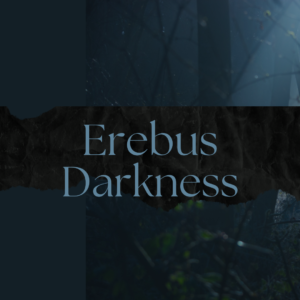
It is interesting that thousands of years before Christ was born, the Ancient Greeks were able to distinguish Darkness from Night.
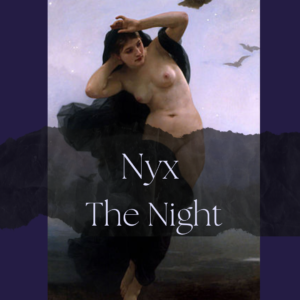
In Greek Mythology, Nyx was the Primordial Deity of the Night. Nyx was a type of Darkness, but she was not the same Darkness as Erebus, which was a primordial darkness. Night changes to Dawn cyclically. Erebus was a more constant Darkness. It is interesting, however, that Erebus and Chaos were the parents of Nyx.
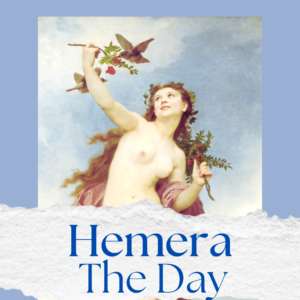
Hemera was the Primordial Day.
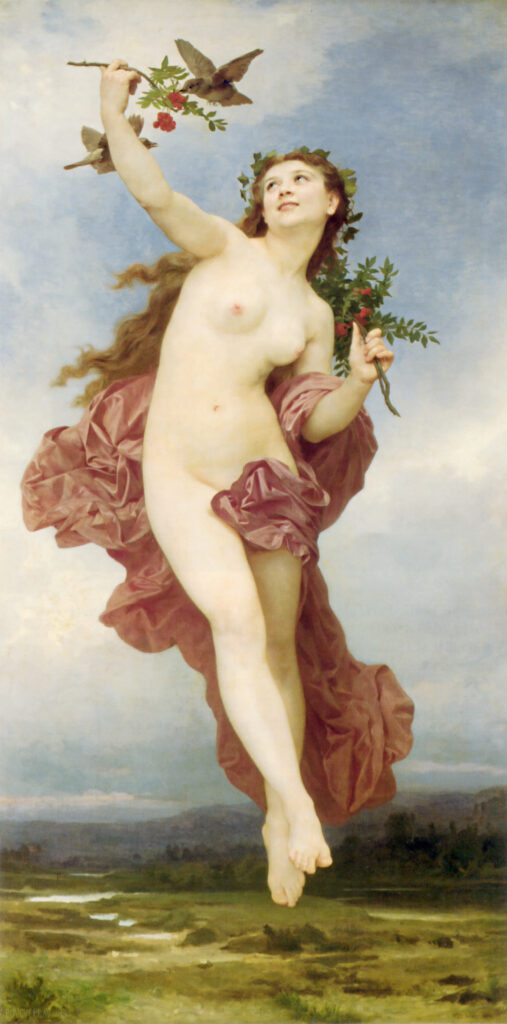
Oddly, Hemera’s parents were Erebus or Darkness and Nyx or Night.
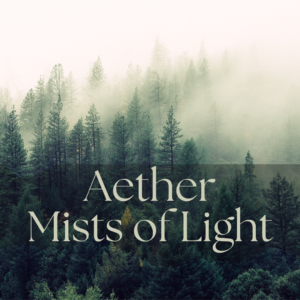
Again, it is interesting that the Ancient Greeks were able to distinguish varying degrees of Light. While an elemental source of light was a primordial deity.
But some sources say that the same Aether was the primordial deity of the air. I think that she was both.
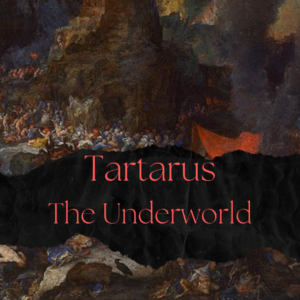
Tartarus was the primordial region of the underworld. Hades ruled over one region of the underworld, but he was not a primordial god.
The primordial gods or “Protogenoi” of Greek mythology were the most basic components of the universe which emerged fully-formed at creation. They included Earth, Air, Sea, Sky, Fresh Water, Underworld, Darkness, Night, Light, Day, Procreation and Time.
The Sun, Moon, and Stars were not primordial deities. They came along later.
According to E. M. Berens, Cronos and Rhea were the leaders of the Second Dynasty of Ancient Greek Mythology. Cronos and Rhea were children of Gaea and Uranus. They were siblings.
Among their children were the following;
“Their children were three sons: Aïdes (Pluto), Poseidon (Neptune), Zeus (Jupiter), and three daughters: Hestia (Vesta), Demeter (Ceres), and Hera (Juno).” Berens, pg. 15.
Zeus became the Most Powerful Ancient Greek God but he was NOT a Primordial Deity.
Discover more from Jacki Kellum
Subscribe to get the latest posts sent to your email.